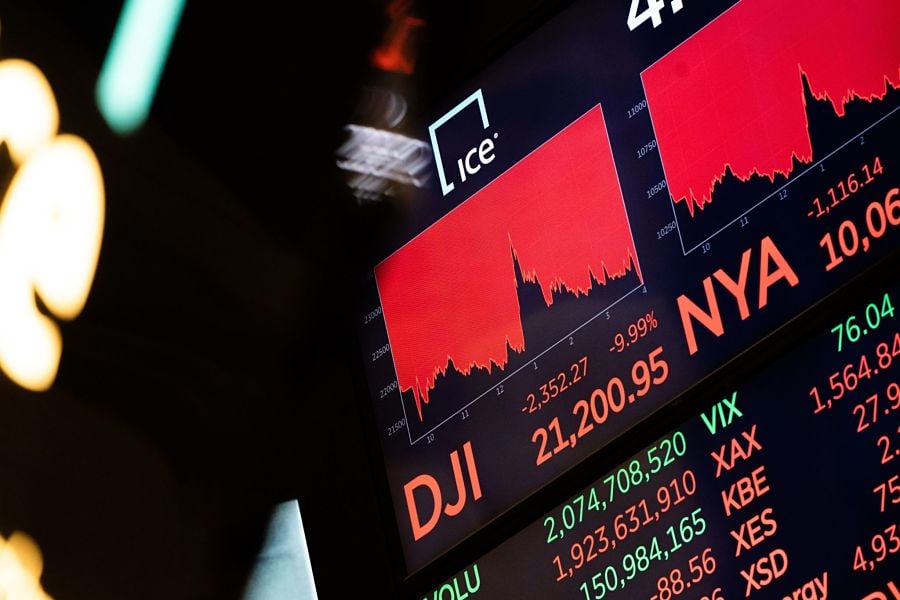

Deeper stock pullbacks and more modest returns lay ahead in 2022 after a year of abnormally smooth sailing.
That’s the word from Truist Advisory Services, which says the market is set up for a return to the occasional gut-wrenching dives that characterize the later years of bull markets. Instead of the mild pullbacks of 5% or less that prevailed in 2021, history shows the potential for bigger retreats that sometimes ranged into double digits, according to Keith Lerner, Truist’s co-chief investment officer.
“The infrequent and shallow pullbacks seen over the past year should be viewed as the exception rather than the norm,” Lerner said in a note to clients. “The first phase of a new bull market tends to see the strongest returns. In the current phase, we expect positive but moderating returns, sustained by solid fundamentals and earnings.”
Lerner points to prior years with shallow pullbacks such as 1993, 1995 and 2017; each saw deeper declines the next year of 9%, 8% and 20%, respectively.
This doesn’t mean the bull is dead. Selloffs can happen even in healthy financial markets when corporate earnings and the U.S. economy are growing. Corrections in the S&P 500 — defined as a drop of at least 10% from a recent peak — have occurred about every two years since 1950, according to Ally Invest.
In fact, Truist expects the S&P 500 will build on this year’s 27% advance. The gains, however, are likely to be smaller as the Federal Reserve winds down its pandemic-era monetary support to tame inflation. In turn, this will weigh on corporate earnings growth, and eventually on stock prices, Lerner said.
Given the market’s already sizable rally and declining policy accommodation, there’s “less room for valuation expansion and upside earnings surprises,” Lerner said.

Relationships are key to our business but advisors are often slow to engage in specific activities designed to foster them.

Whichever path you go down, act now while you're still in control.

Pro-bitcoin professionals, however, say the cryptocurrency has ushered in change.

“LPL has evolved significantly over the last decade and still wants to scale up,” says one industry executive.

Survey findings from the Nationwide Retirement Institute offers pearls of planning wisdom from 60- to 65-year-olds, as well as insights into concerns.
Streamline your outreach with Aidentified's AI-driven solutions
This season’s market volatility: Positioning for rate relief, income growth and the AI rebound
